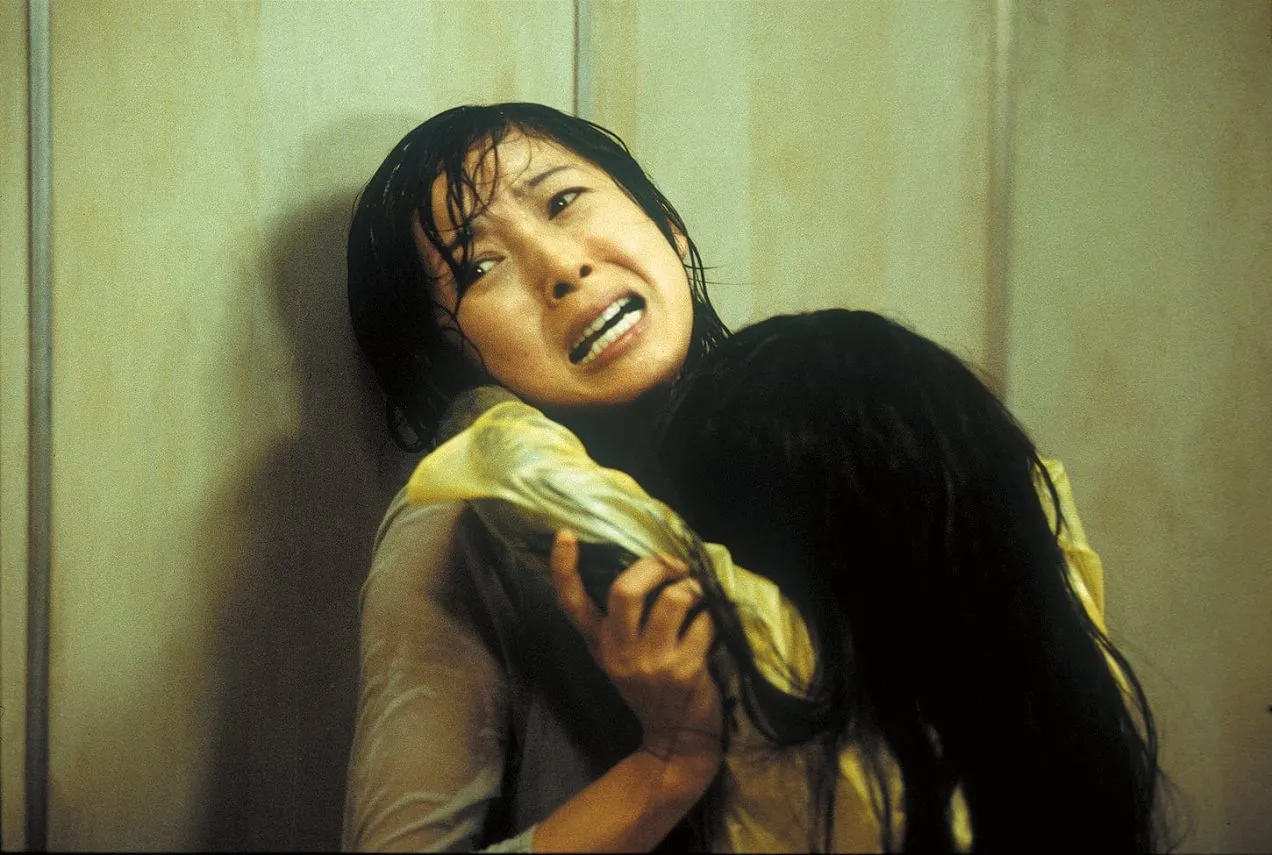
Dua Garis Biru (Two Blue Stripes): Indonesian Drama
admin
- 0
kfoodfair2015.com – “Dua Garis Biru,” known in English as “Two Blue Stripes,” is a 2019 Indonesian teen drama directed by Gina S. Noer and produced by Starvision Plus. The film tackles the sensitive and often taboo topic of teenage pregnancy, providing a compelling narrative that centers on the lives of two high school students, Dara and Bima, portrayed by Zara JKT48 and Angga Yunanda, respectively.
Plot Summary
The story unfolds with Dara and Bima, who, in their naivety, cross a line that leads to unexpected consequences — Dara’s pregnancy. As they grapple with the implications of their actions, the film explores their journey through the emotional and social challenges that arise. The narrative delves into the dynamics of their families’ reactions and the societal pressures they face, highlighting the lack of open discourse around sex education in Indonesia.
Themes and Messages
“Dua Garis Biru” bravely addresses the consequences of unprotected teenage intimacy, shedding light on the importance of sex education and parental guidance. The film is lauded for its realistic portrayal of the young couple’s struggles and the responsibilities they must shoulder at such a tender age. It emphasizes the significance of communication and understanding between parents and children, driving home the message that compassion and support are crucial in navigating such life-altering situations.
Critical Reception and Impact
Upon its release, “Dua Garis Biru” received critical acclaim for its sensitive handling of a controversial topic. Critics praised Gina S. Noer’s directorial debut for its engaging storytelling and the strong performances by the lead actors. The film not only sparked discussions about teenage pregnancy and sex education in Indonesia but also achieved commercial success, resonating with audiences both locally and internationally.
Conclusion
“Dua Garis Biru” is more than just a film about teenage love and its consequences; it is a call to action for better education and understanding of adolescent issues. By portraying the realities faced by many teenagers, the film encourages open dialogues and aims to foster a more informed and compassionate society.


